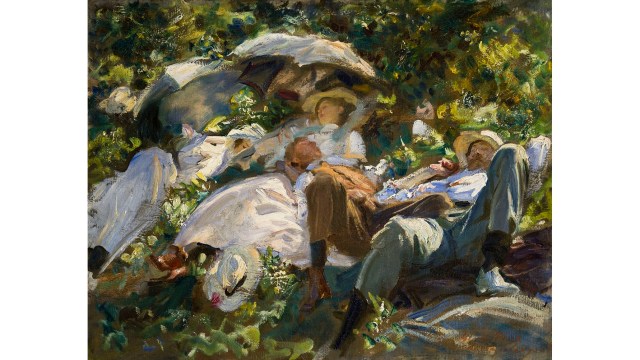Shaming the Obamas Over Lena Dunham Doesn’t Help Anyone

If there’s one thing I love about not being famous, it’s being able to make mistakes without thousands of people mocking me on cable news channels or the Internet. It seems we never give people who live in the public eye the same amount of privacy and respect that we afford our personal friends.
Even law courts uphold the distinction between private and public individuals, and if you have “chosen” to live in the public eye, it’s much more difficult to win a defamation suit (the logic goes that you can marshal the forces of celebrity to publicly defend yourself).
So I read with skepticism recent criticism of the Obamas’ parenting skills, in which their teenage daughter Malia interns with Lena Dunham on the set of Girls. The charge? Girls is soft-core porn and Dunham’s sexual libertinism isn’t appropriate for teenagers.
Few things seem more fraught than telling parents how to raise their children, especially when their father has access to the nation’s nuclear codes. Still, there’s a lot of incredibly disturbing stuff out there. (I just watched Rihanna’s “BBHMM” video for the first time — WTF?!)
The problem with criticizing celebrities (and the president is definitely a celebrity) is that we rarely know the nuance of the event we’re criticizing, just as we private individuals keep the most essential details of our private decisions, um, private.
What’s at stake in wondering whether Malia Obama is fit to intern on a racy TV show is (1) popular culture is too liberal in its approach to sex (and grotesque, fetishized violence in the case of BBHMM) and (2) the president should be shielding his daughters better, protecting their innocence.
In the wake of the Elizabeth Lauten event, in which the Congressional staffer questioned the etiquette of the Obama daughters, an appeal was made to keep them out of the media spotlight. Presumably this was precisely about protecting their innocence, allowing them to exist in a world free from adult cynicism.
How quickly that appeal faded.
Kwame Anthony Appiah, professor of philosophy at Princeton University, argues that notoriety and tackiness have historically conferred a questionable distinction on individuals, but that an undercurrent has always resisted moral mediocrity.





